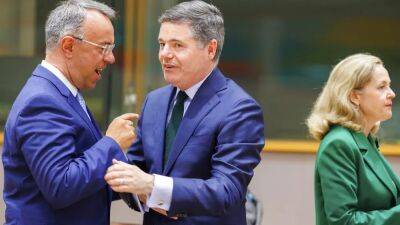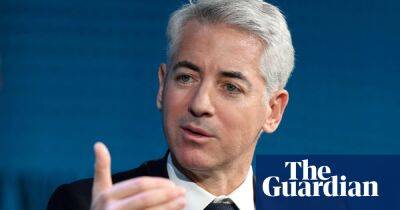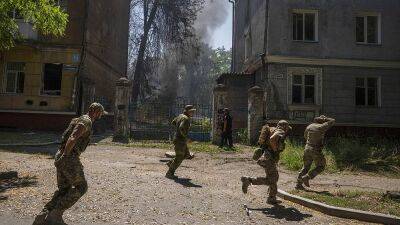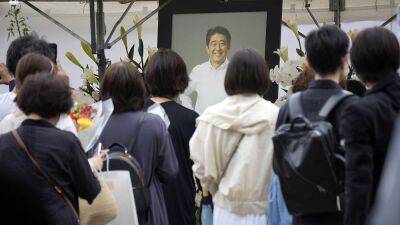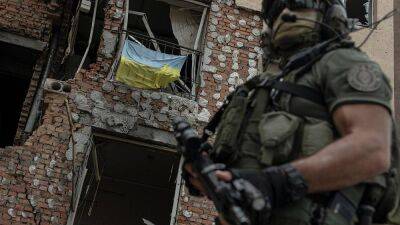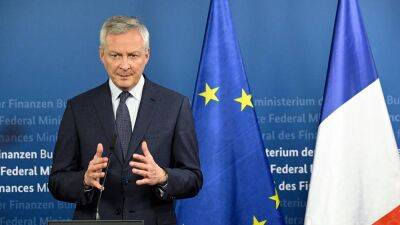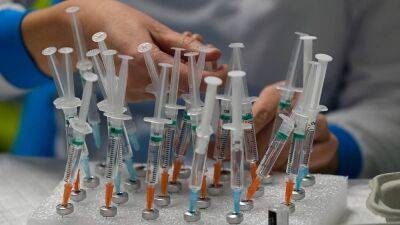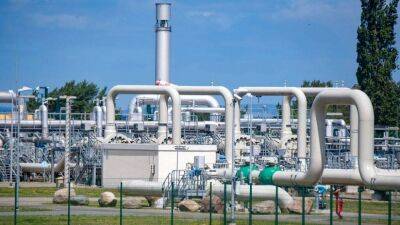How war worry is causing stroke cases to spike in Ukraine
When Olga Denisyuk first heard about Russia's war in Ukraine she stopped feeling her legs.
Four months later -- by which time Russian troops had bombarded and occupied her city, Kherson -- the 72-year-old's hands began to go numb.
And then her speech blurred.
Finally came the day amid the war when Denisyuk came closest to death: on June 24 she suffered an ischemic stroke —the blockage of an artery leading to the brain.
Denisyuk believes that chronic stress sparked when Moscow's invasion began in February was a key factor in her deteriorating health.
Ischemic strokes are the most common type in Ukraine, where stroke mortality is higher than in most of Europe, according to the European Stroke Organisation.
Last year, the Center for Medical Statistics of the Ministry of Health of Ukraine reported 134,477 cases of stroke, the highest incidence since 2017.
Experts have told Euronews the number of strokes is rising since the outset of the war, even though the number of deaths it causes pales into relative insignificance when compared with the impact of Russian shelling.
From the time her stroke began, it took Denisyuk 25 minutes to find transport to a hospital. In a city that now lacks a mobile phone network, she is arguably lucky to be alive.
“Mobile operators are completely disconnected in our territory, due to the fact the occupiers are trying to introduce Russian communication,” said Juliia Vlasiichuk, 29, a neuropathologist and coordinator of the stroke ward that treated Denisyuk.
“The population cannot call an ambulance by dialling a short number. As a result, we lose such important time in the treatment of stroke.”
Strokes, added Vlasiichuk, are a result of stress about the war.
"These diseases don't come from the disease
Read more on euronews.com





